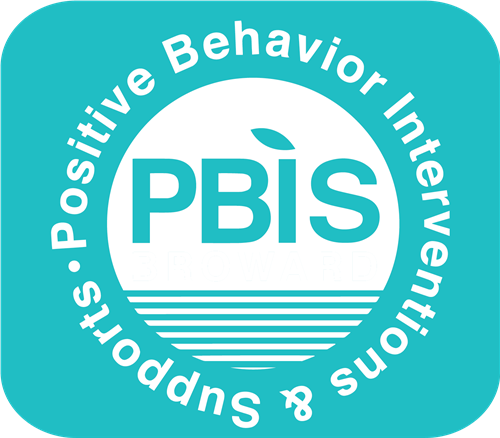- Broward County Public Schools
- Instructional Strategies
- Prevention Curriculum Infusion
Equity, Diversity and School Climate
Page Navigation
- Overview
- Calendar of Observances
- About Us
- Above the Influence
- Anti-Bullying
- Code of Conduct
- Data & Surveys
- Dating & Domestic Violence
- Diversity
- Events
- Health & Wellness
- Instructional Strategies
- LGBT
- Mentoring Across Broward
- Positive Behavior Intervention & Supports
- Positive Community Norms Marketing
- Prosocial Clubs
- Substance Abuse Prevention
- Substance Use
- Support/Response to Intervention (MTSS/RtI)
- Violence Prevention
- Youth Outer Zone (YOZ)
Prevention Curriculum Infusion
-
Research has repeatedly shown that the use of prevention curriculum can increase academic success. Additionally, infusing prevention topics into everyday curriculum plays a key role in getting the prevention messages to students. To meet the varied needs of our teachers, administrators, students and community members, innumerable prevention curriculum and resources are available on the below webpages.
Content Accordion
-
Data and Surveys
There are numerous data sources that can provide you more information on this topic – Please visit our Data and Surveys.
-
Resources and Links
Please Note: A program or website being mentioned here does not imply endorsement by the School Board of Broward County and does not necessarily reflect its views. Please contact the program developers directly for the most current information.
Best Practices of Youth Violence Prevention. This document describes the effectiveness of specific violence prevention practices in four key areas: parents and families; home visiting; social and conflict resolution skills; and mentoring. It includes practical suggestions from professionals and advocates who have successfully started these programs in their communities.
Health Education Curriculum Analysis Tool (HECAT): The Health Education Curriculum Analysis Tool (HECAT) can help school districts, schools, and others conduct a clear, complete, and consistent analysis of Health education curricula based on the National Health Education Standards and CDC’s Characteristics of Effective Health Education Curricula. The HECAT results can help schools select or develop appropriate and effective health education curricula and improve the delivery of health education. The HECAT can be customized to meet local community needs and conform to the curriculum requirements of the state or school district.
Learning for Justice (formerly Teaching Tolerance) has numerous classroom lessons, activities, videos, and teaching guides.
Peace Corps Lesson Plans on Culture: A Peace Corps Classroom Guide To Cross-Cultural Understanding is a full guide inclusive of lesson plans for teachers.
Planting Seeds Of Prevention Book: created by DPI to serve as a teaching tool and a one stop shop for all your prevention needs.
Registries of Programs Effective in Reducing Youth Risk Behaviors: Various federal agencies have identified youth-related programs that they consider worthy of recommendation based on expert opinion or a review of design and research evidence. These programs focus on different health topics, risk behaviors, and settings including violence.
School Health Policies and Programs Study (SHPPS): The School Health Policies and Programs Study (SHPPS) is a national survey periodically conducted to assess school health policies and practices at the state, district, school, and classroom levels. SHPPS was most recently conducted in 2006. SHPPS also was conducted in 2000 and 1994; the next SHPPS is planned for 2012. State level summaries are available on-line (the Healthy and Safe Environment and the Mental Health and Social Services sections are probably the most relevant) and as a state report card, here is the link for Florida


